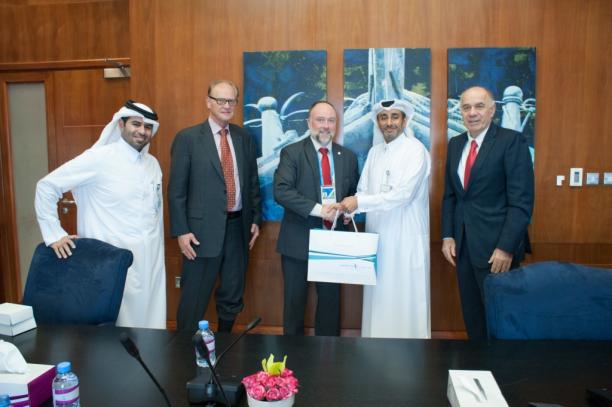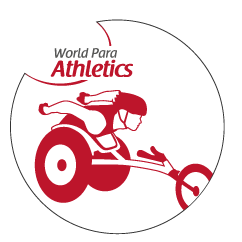IPC’s Medical & Scientific Director visits Aspetar
23.10.2015Dr Van de Vliet visited Aspetar and Aspire Zone ahead of the IPC Athletics World Championships.
 IPC’s Medical & Scientific Director Dr Van de Vliet visited Aspetar and Aspire Zone ahead of the IPC Athletics World Championships.
© • Aspetar
IPC’s Medical & Scientific Director Dr Van de Vliet visited Aspetar and Aspire Zone ahead of the IPC Athletics World Championships.
© • Aspetar
Dr Peter Van de Vliet, the International Paralympic Committee’s (IPC) Medical & Scientific Director paid a visit to Aspetar on Wednesday (21 October) while staying for the initial days of the IPC Athletic Championships in Qatar.
This being his first visit ever to Qatar, he was very much interested in seeing the facilities at Aspetar and Aspire Zone. A physiotherapist by training, he is now leading the IPC Medical and Scientific Department for nine years and has witnessed the continuous growth of Paralympic sports.
Dr van de Vliet was greeted by the Director General, Chief Medical Officer, Chief Administrative Officer and the Senior Adviser to the Director General, but all participants quickly found themselves in a lively discussion on the unique experience of working with Paralympic Athletes. It needed only a few personal stories for Dr van de Vliet to make everyone understand that his mission to make colleagues in Sports Medicine aware of the life- and mind-changing opportunity will easily convert the uninitiated.
It also became clear that there is a considerable population among the athletes and in the community of Qatar that would greatly benefit from the promotion of sports and physical activity for people with impairments. Currently, access and inclusion are far from optimal in the country while the opportunity to learn from each other is vast.
Dr van de Vliet made it clear that on the field of play, Paralympic athletes do not need help, least from able-bodied people, as their competitive skills are outstanding. However, in society, help is needed to take down barriers and give equal opportunities to impaired persons. In Sports Medicine, specialist from all disciplines need help to discover this unique, highly rewarding working field that offers both personal and professional growth.
There was unanimous agreement that Aspetar and the IPC will explore a close collaboration in future that will largely benefit athletes and people without and with impairments, the Sports Medicine profession and Qatar as a nation.





















